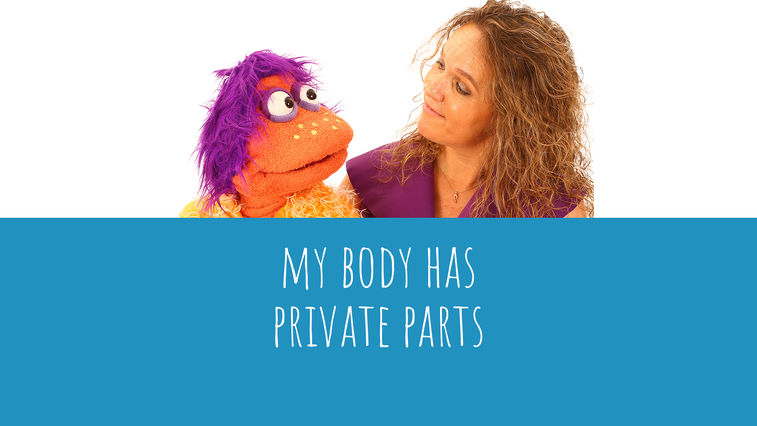Especially for parents


12 Golden guidelines


1
<文本>


4
<文本>


7
<文本>


10
<文本>


2
<文本>


5
<文本>


8
<文本>


11
<文本>


3
<文本>


6
<文本>


9
<文本>


12
<文本>


行為改變——如果孩子感到悲傷、壓抑、生氣、暴怒。
1
行為改變——如果孩子感到悲傷、壓抑、生氣、暴怒。
5
行為改變——如果孩子感到悲傷、壓抑、生氣、暴怒。
9
行為改變——如果孩子感到悲傷、壓抑、生氣、暴怒。
2
行為改變——如果孩子感到悲傷、壓抑、生氣、暴怒。
6
行為改變——如果孩子感到悲傷、壓抑、生氣、暴怒。
10
行為改變——如果孩子感到悲傷、壓抑、生氣、暴怒。
3
行為改變——如果孩子感到悲傷、壓抑、生氣、暴怒。
7
行為改變——如果孩子感到悲傷、壓抑、生氣、暴怒。
11
行為改變——如果孩子感到悲傷、壓抑、生氣、暴怒。
4
行為改變——如果孩子感到悲傷、壓抑、生氣、暴怒。
8
行為改變——如果孩子感到悲傷、壓抑、生氣、暴怒。
12
1
Children have a natural and healthy curiosity. It is important that we, as parents, don't avoid our children's questions, even if they make us uncomfortable. If the kids don't get answers for their questions' they will look for them elsewhere.
2
It is a delicate line between teaching our children and frightening them. It is important to speak with our children at eye-level, in their own day-to-day language. There is no need to have a formal discussion with our kids, we don't want to intimidate them. It is best to have an honest open talk during our daily routines.
3
Encourage open communication at home. Avoid any atmosphere of secrecy or hiding, that hides feelings and information. Parents cannot expect their children to tell them if something bad happens to them, if they don't share daily mundane things. Encourage you child to share and tell.
4
Give you children a sense of trust and attention. Children's biggest fear is that no one will believe them if they say something bad happened. Do not treat what they are saying as imaginary. This is the only way children will share with their parents.
5
Encourage your child to trust their feelings. Be attentive to their wills and respect them.
6
Teach your children that they don’t always have to do what adults tell them to. If an adult tells them to do things that harm their privacy (to touch or look at private parts of the body for example), they shouldn’t be afraid to say "NO!" and tell an adult that can help.
7
Our children are our mirror. Children learn, as infants, that only the parents are allowed to touch their private parts, and only if it has to do with cleaning or medical treatment. The child learns through the parents and the close environment about behavioral norms in which the private parts are not exposed. It is important that we, as parents, must insist on keeping our private parts private, thus the our children will learn to respect our privacy and other's as well.

7 recommendations on how to talk with your child:


Warning signs for possible abuse:




It is important to remember that our main goal is to understand if there is reasonable suspicion for abuse. Keep calm. The hysterical reaction might frighten the child, increase their sense of guilt, and make them withdraw.












